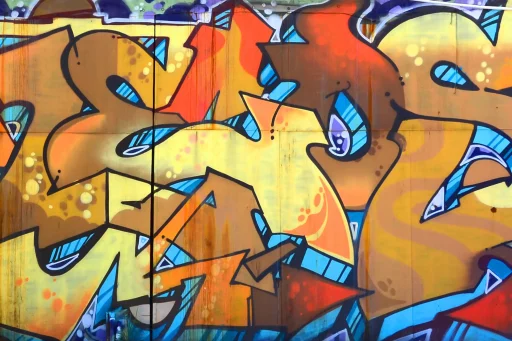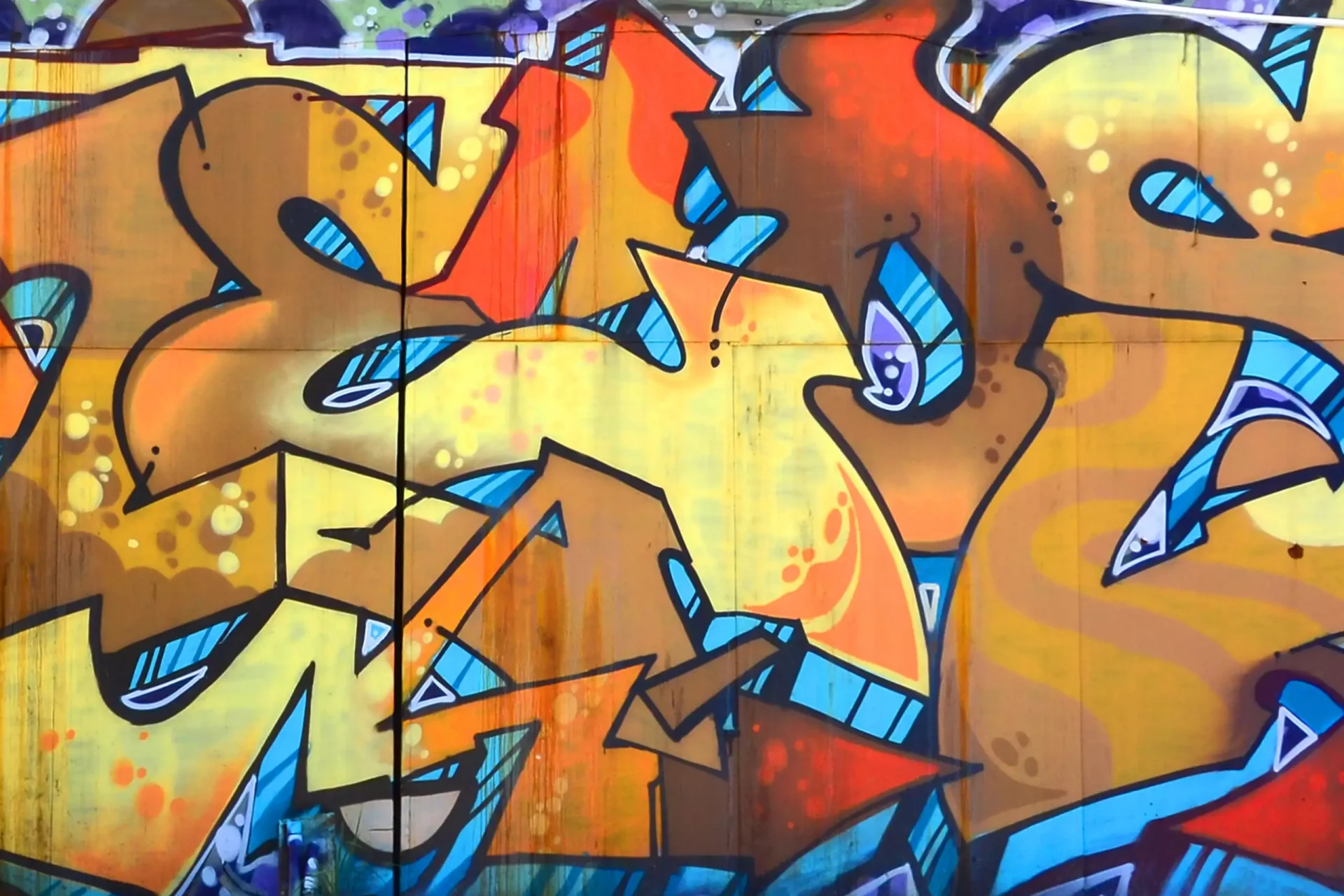Introduction
Within the vast expanse of the entertainment industry, language serves not just as a means of communication but as a cultural signal that conveys insider knowledge, camaraderie, and creativity. Slang terms are prevalent across various entertainment realms—film, music, television, and even theater. This article delves into the engaging world of entertainment slang, exemplifying its significance and how it shapes the culture of the industry.
Understanding Slang in the Entertainment Industry
Slang is informal language that evolves over time and is often specific to particular groups or communities. In the entertainment industry, slang evolves rapidly, reflecting trends and changes within the culture. It often arises from the need for quick communication among peers or to create a sense of belonging. Here, we dissect some common slang terms used in the entertainment sphere.
Common Slang Terms
- Break a leg: A phrase used to wish performers good luck, derived from the superstition that wishing someone well directly brings bad luck.
- Hot mess: A person or situation that is chaotic or disorganized, but still somehow endearing or entertaining.
- Dailies: The raw, unedited footage of the day’s shoot, viewed the next day by the filmmakers to assess their work.
- B-roll: Supplemental footage that complements the main shot, often used in documentaries and interviews.
- VIP: Referring to a “Very Important Person,” usually used in events to denote celebrities or influential figures.
Case Study: The Impact of Slang on Film and Television
To explore how slang permeates the culture of the entertainment industry, we can look at the television show “Friends.” The series popularized several slang terms among its viewership, such as “we were on a break” and “unagi,” which took on lives of their own within popular culture. Such phrases not only added humor to the dialogues but also shifted their meaning into collective consciousness.
Additionally, the rise of social media platforms has accelerated the speed at which slang terms gain traction. For instance, terms like “cancel culture” and “stan” have moved from niche communities into mainstream dialogue, reflecting societal attitudes and reactions.
The Influence of Music on Slang
Music genres often contribute to the development of slang. Hip-hop, for instance, has produced terms like “dope” (cool or excellent) and “flex” (to show off) that have transcended the genre to become part of everyday language. According to a report by the Nielsen Company, hip-hop/R&B was the most popular music genre in the U.S. in 2020, accounting for over 27% of total music consumption. The influence of music extends beyond just slang to trends in fashion, lifestyle, and behavior.
Statistics on Slang Usage in Entertainment
- According to a survey from the Entertainment Industry Foundation, 72% of respondents aged 18-34 reported frequently using slang when discussing entertainment.
- Research indicates that social media exposure leads to a faster adoption of slang, with trends lasting from weeks to months.
- A study by Statista reveals that 65% of millennials say they learn new slang from movies and TV shows.
The Future of Slang in Entertainment
As the entertainment landscape continues to evolve with streaming services and digital culture, the language used in this space adapts accordingly. New slang will emerge, and existing terms may morph in meaning. Future generations will likely create their own vocabularies influenced by technology and cultural developments.
Moreover, the global nature of the entertainment industry means that slang will increasingly intersect across cultures and languages, creating a blend of expressions that can enrich communication globally. Maintaining an awareness of these terms not only keeps industry insiders relevant but also helps audiences connect more deeply with the content they consume.
Conclusion
The slang of the entertainment industry serves as a living reflection of cultural trends and the ever-changing dynamics within the sector. As a unique blend of creativity and colloquialism, slang shapes the identity of the entertainment community, offering a sense of belonging to those who understand it. Whether it stems from film, music, or television, engaging with this informal language can enhance the appreciation of art and creativity in all its forms.


